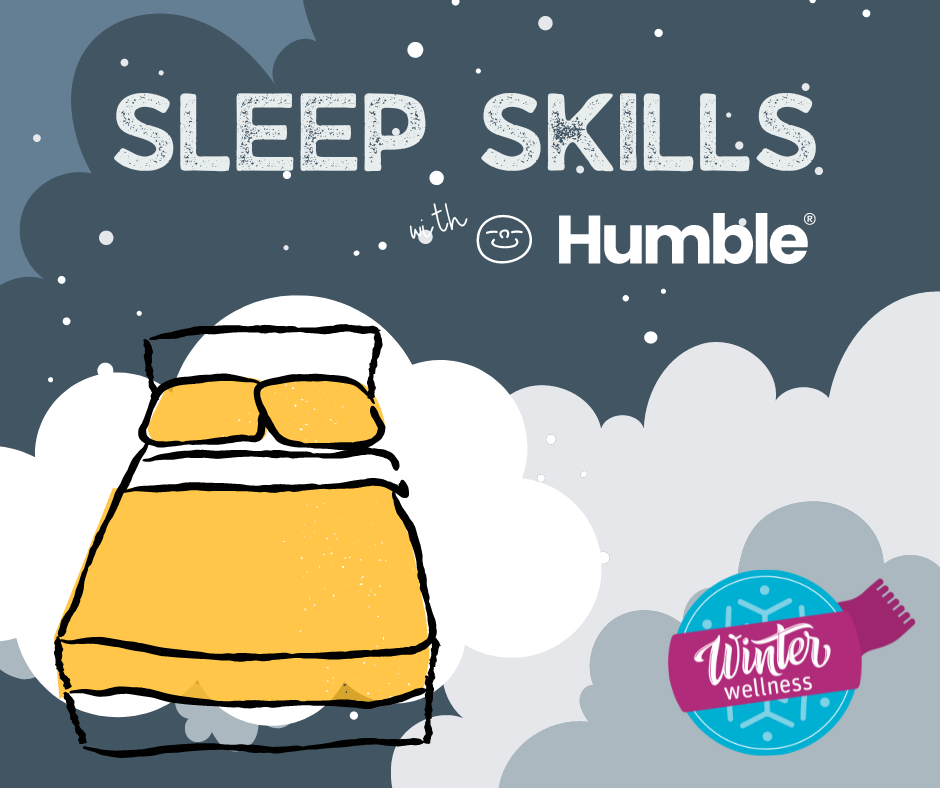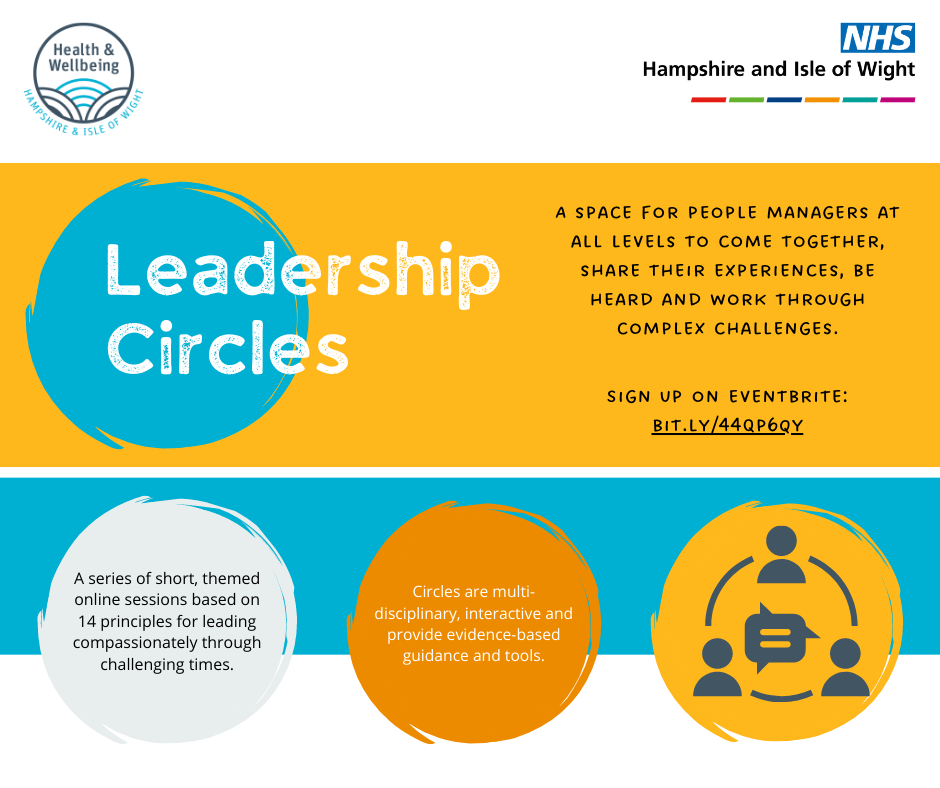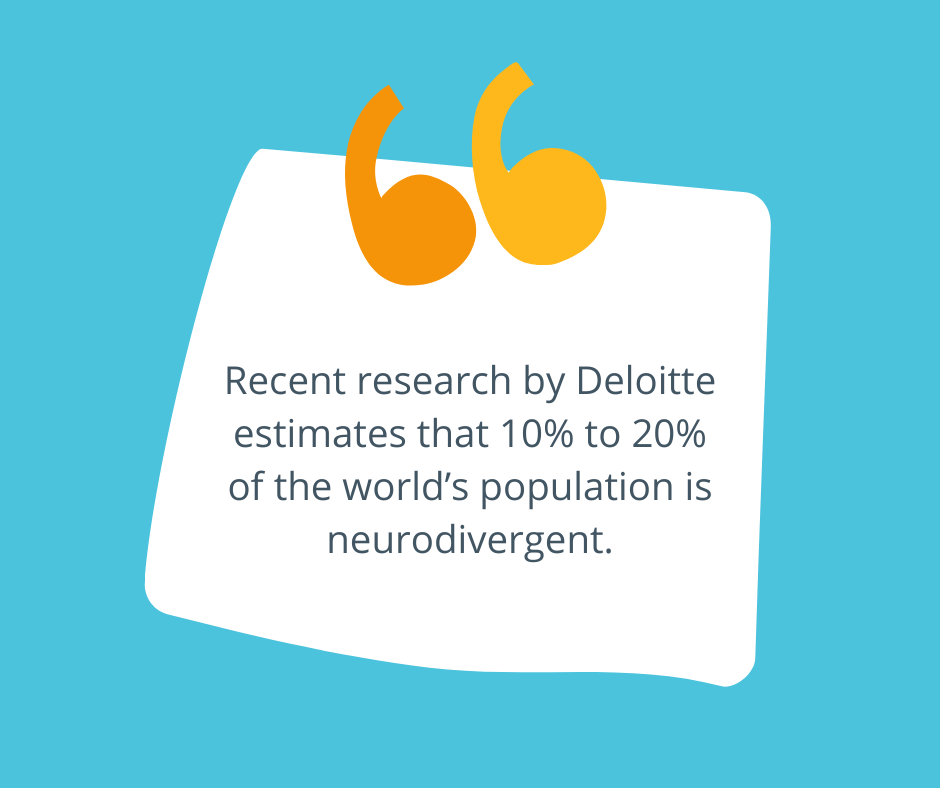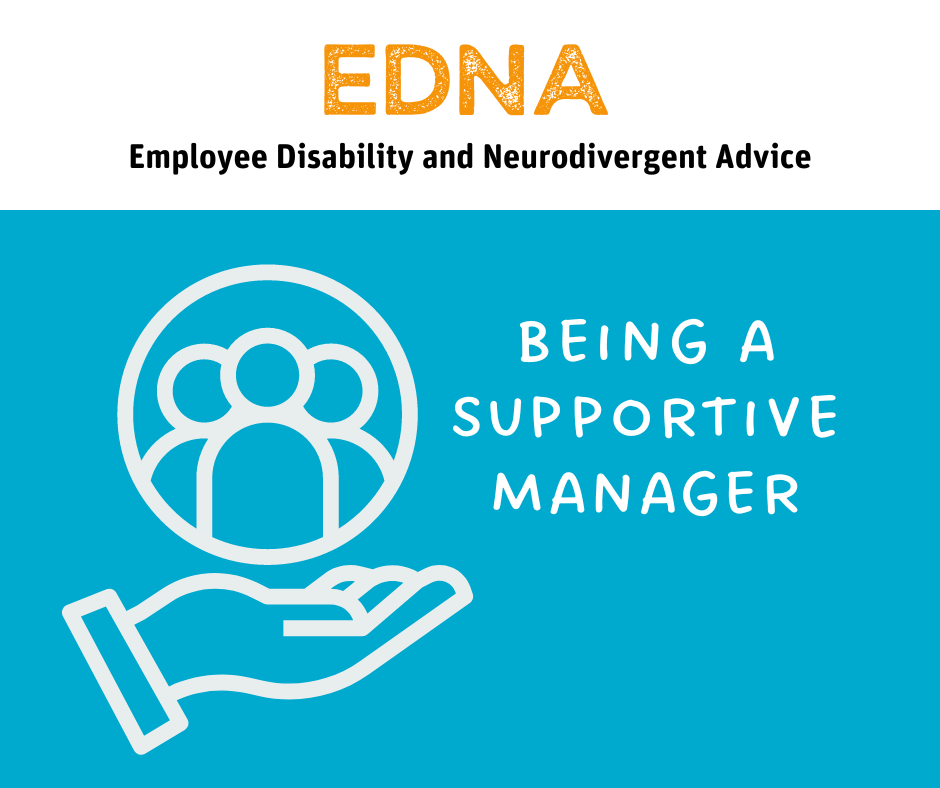Many of us have questions about how to sleep well. Here are the takeaways from our recent session with sleep specialist Dr Ashish Bhatia.
Is reading before bed ok? How can we encourage children to detach from screens to aid better sleep? What sleeping tips are there for people living with chronic pain? What about hot flushes and restlessness caused by Menopause? These were just some questions raised during our first Sleep Skills webinar with Dr Ashish Bhatia, sleep specialist and GP, or ‘Gentle Presence’, as Dr Bhatia explained.
Here are some takeaways in what was a fascinating session, the first of six Dr Bhatia is running for NHS and Primary Care colleagues across Hampshire and the Isle of Wight.
Sleep is so important, and that’s why we spend a third of our lives asleep
“Our bodies were made to sleep”, explains Dr Bhatia. “When we sleep, our cells renew themselves, our immune system is hard at work. We need to treat sleep as a priority.”
Sleep improves when you get your LEFTS right
LEFTS stands for:
Light – see the sky in the morning and at sunset and try to switch off screens two hours before bedtime.
Exercise – exercise and walk outside if you can. Even thirty seconds out of puff will help you feel more rested later.
Food – cut caffeine after midday and try to make your last meal three hours before bedtime, drinking only water after.
Temperature – cool your bedroom to 18 degrees and have a splash of cold water if you get warm.
Soothe – cool your mind with time to relax with a journal, or enjoy a bath with candles.
Ensure your sleep space is safe, dark and quiet.
Colleagues on the webinar were shown a sleep tracker and encouraged to monitor their progress over a week, ticking off which of LEFTS elements they achieve each day. Dr Bhatia also asked them to write down a consistent time for:
Waking up
Walking outside
Winding down
Going to bed
“Timing is everything,” says Dr Bhatia, “and being as consistent as possible by setting the same time for these habits is important.”
You can download the sleep tracker here and keep track of how many of your LEFTS you are getting in the day. Aim to get as many as possible.
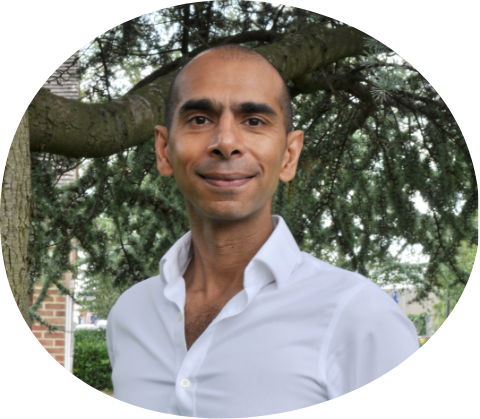
Dr Ashish Bhatia is on a mission to help us sleep better
(image: Humble Sleep)
Understand Adenosine
Adenosine is a neurotransmitter in our bodies that promotes our need to sleep. It regulates our sleep-wake cycle, so plays an important role. If you have an afternoon slump around 3pm, that’s Adenosine, and if you find yourself dozing off in front of the TV at night, that’s also Adenosine at work.
Dr Bhatia explains: “During the day, we reach for caffeine or sweet treats to block that urge to close our eyes. And at night, falling asleep in front of the TV only to wake back up again a short while later is actually a really bad idea because you’re essentially using up your Adenosine ‘allowance’ that you need for later on when you go to bed, and you might then struggle to sleep.”
Instead, Dr Bhatia recommends your bedtime being the time you doze off, which follows your body’s natural rhythm. To avoid feeling tired mid-afternoon, Dr Bhatia advises to try taking breaks in the morning. “Our busy lives mean we are not following our bodies’ natural Circadian rhythms, so it takes some discipline to put good routines in place.”
So back to our questions. Here is what Dr Bhatia recommends.
Is reading before bed ok?
“It is nuanced, but, on the whole, yes, it can help, especially with soothing before bed. And it’s better than phones and TV before bed. If reading at night, ideally keep the lights low, dim and red shifted. My family have dim red head torches! Reading fiction like travel adventures is thought to be better than technical journals, but choose wisely as our memory is enhanced for the last things we think about before bed.” Here’s some research.
How can we encourage children to detach from screens to aid better sleep?
“Kids do what we do, not what we say,” explains Dr Bhatia.
“So step one is for parents to embody the sleep skills themselves.”
“Step two is to empower children with conversations about clear and collaborative boundaries. Ideally moving towards no screens in bedrooms after a digital sunset. This may be difficult given the addictive social importance of being connected.”
Step three is to gently nudge habits for the screens to go off by offering appealing alternatives to phones at night, with small steps in the right direction. One way of mitigating the effects of screens may be to switch them to a mode that reduces and red shifts the light after dusk.
There is some interesting research on the influence of family environments when it comes to sleep: in this paper and this paper.
What sleeping tips are there for people living with chronic pain?
“Pain is complex and unique for each person. On the whole it helps to have a holistic approach combining medicines, mindset, movements and environments. Being comfortable enough to sleep and move in our sleep is important, so analgesia may be appropriate. For example, sleeping with a pillow between the legs can help with hip and knee pains. Adapting medications is best done with the support of your health team, and timing and titration is important. Gentle movements and mindset practices (like journalling) are shown to help both sleep and pain.”
What about hot flushes and restlessness caused by Menopause?
“Menopause can interfere with sleep due both to vasomotor symptoms like hot flushes and to brain changes, contributing to alertness and anxiety at night. Titrating HRT if appropriate with the support of a health team can help. Also CBT for insomnia is very effective and now recommended by NICE guidelines (see link). We will be discussing this more in our sessions. Exercise in the day and not eating within THREE hrs of bed are helpful, as well as using separate duvets form bed partners, and using cool water to cool the forehead or hands at night.”
Sleep Skills continues – sign up below!
Improving Insomnia
Exploring the science and sharing simple strategies to improve insomnia
23 January 2024 – 1pm to 2pm – Part 1
30 January 2024 – 1pm to 2pm – Part 2 – Follow up
Surviving and thriving on shifts – also exploring kids and carers
Helping shift workers, parents and carers adapt to the challenges of disturbances to their body clock
20 February 2024 – 1pm to 2pm – Part 1
27 February 2024 – 12pm to 1pm – Part 2 – Follow up
Humble Webinar on Sleep Tickets, Multiple Dates | Eventbrite
